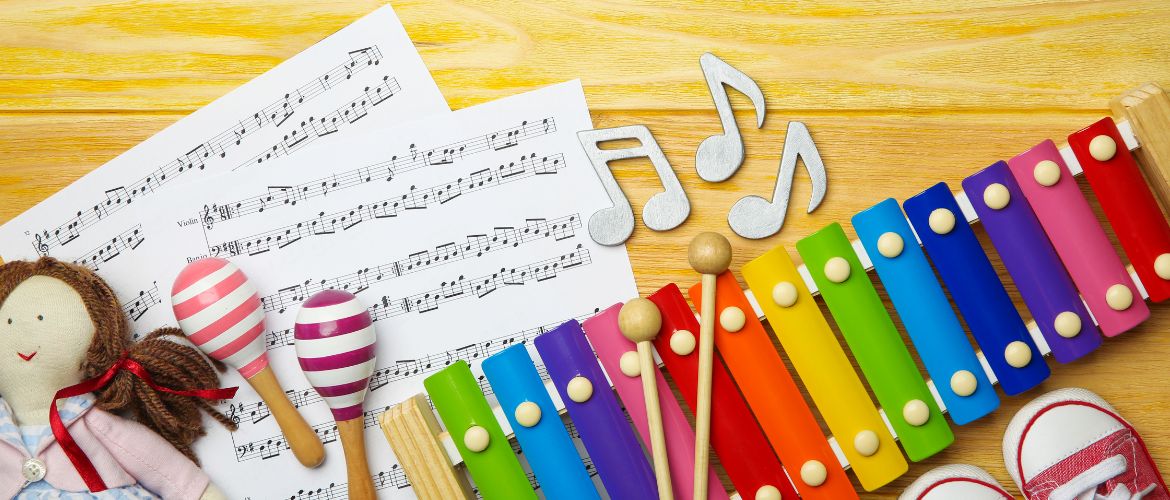Do your children show an interest in music? Do you want to enroll them in classes but do not know if they are ready? Many questions arise when you have young kids who love and feel the beat of every song, but it is a challenge for parents if musical studies are a foreign language.
Genuine curiosity about instruments and enthusiasm about sounds are two early signs. A child who enjoys experimenting with rhythms or pretends to play a musical instrument exhibits an authentic preference for this type of art.
Music exploration can start as soon as the baby is born. It begins at home as part of a family routine while children discover and play.
The prestigious concert venue Carnegie Hall offers free online resources to help parents create music with their babies, toddlers, and older children. For them, encouragement to study music begins within families.
If you’re a parent who sees a spark in their children when the volume goes up, then look out for these signs.
1. The Child Shows Interest
Have you found your child trying to pretend-play instruments? Do your children enjoy music and feel it?
Interest in making music or listening to it, above other forms of entertainment, can be a sign that your kid has potential in a music program.
However, the commitment of students and parents is crucial. You must consider if you and your child will show up on time and stay during the lesson.
2. Your Child Can Focus
To play an instrument takes effort, concentration, and repetition. Does your child pay attention for periods and can follow instructions? If yes, your student might be ready to focus on a 30-minute class and practice during class and at home.
There is a commitment in the time your child will learn and practice to improve their technique. The student must pay attention to detail such as posture, breathing, and phrasing.
3. The Student Reads and Counts
To play music, students need to learn how to read it. It is favorable if children know the alphabet and can count numbers from 1 to 10. Having this knowledge will make it easier for them to understand the language of music with notes, beats, and meters.
4. You Are Ready To Commit, too
Are you ready to start this hands-on journey with your children? Committed parents support students during practice lessons and guide them through their at-home exercises.
So, whether you have a 4-year-old who loves to pretend-play with fake pianos or guitars, or if your 13-year-old sees his school orchestra and choirs are not challenging enough, you might listen to your children’s musical interests and help them pursue a music career.
At El Sistema Texas, we offer musical programs in our orchestras and choirs. To learn more about our services, visit our website: ![]() Home – El Sistema Texas
Home – El Sistema Texas
.


